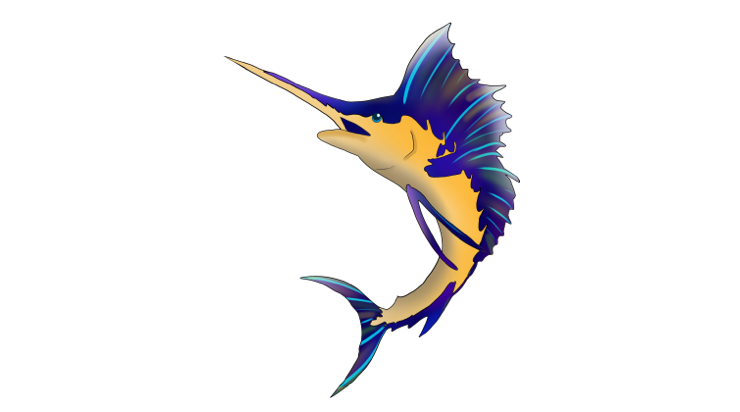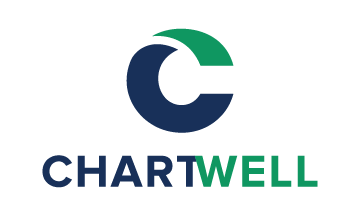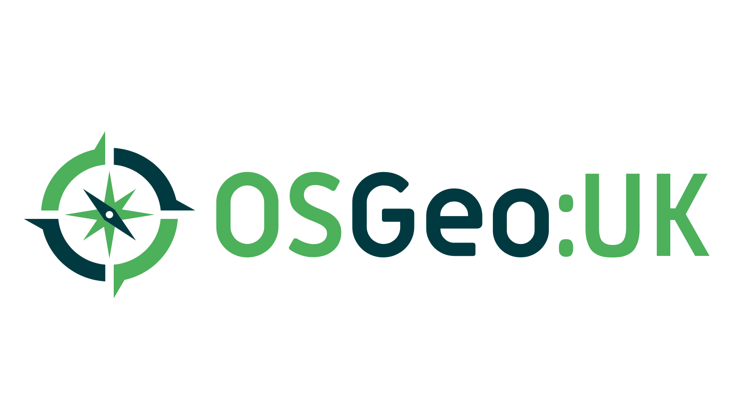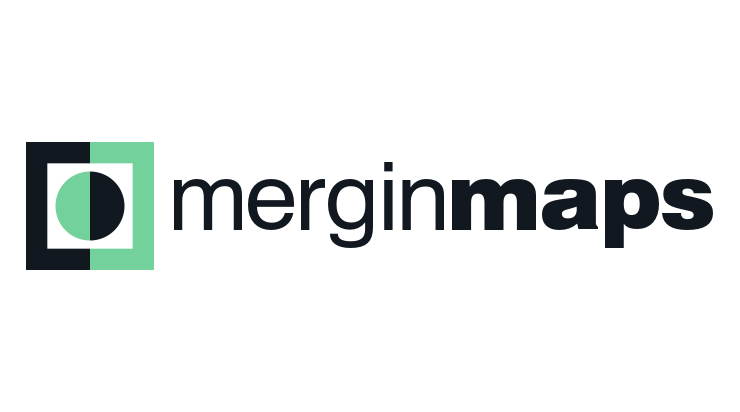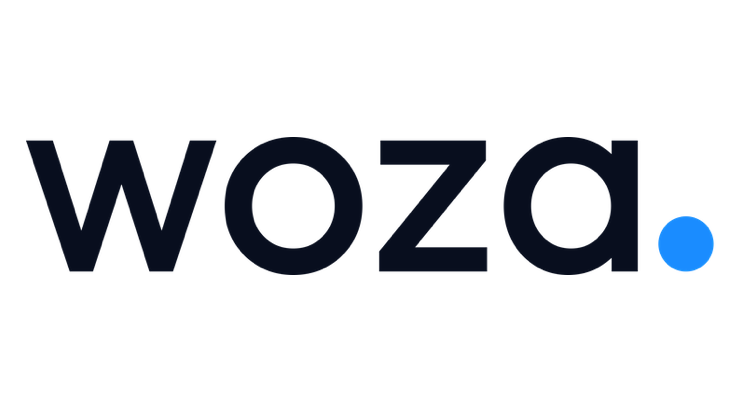dLAB – Tanzania Data Lab, located on the beautiful campus of the University of Tanzania, was a great place to meet with several workshop rooms, a nice patio (we all love patios) and a welcoming team that organized amazing food that was served on the patio (in fact the food arrived by tuk-tuk / bajaj). It was a very relaxing and calm atmosphere with all you need. After an introduction by the 2018 Sol Katz winner Astrid Emde, we split in smaller teams and worked on several topics like ODK, OSGeoLive, Mapbender, MapServer, GeoServer and more.

OSGeoLive
There was an introduction on OSGeoLive 12.0, the new version that was prepared for FOSS4G 2018. Some students tried the brand new OSGeoLive with a bootable stick that was handed out to them as a present. Everything worked fine.
Also a new language Swahili was added to Transifex (great!) and Peter, a student from Tanzania, made his first translations. Hopefully more volunteers will join to work on the Swahili translation. It is a lot of work.
During the Community Sprint some volunteers also worked on the Finnish and German translation of OSGeoLive. Thanks for all your help!
ODK (Open Data Kit)
Ping (one of the ODK developers), Iddy (from HOT) and Ivan (from HOT) did an introduction and tutorial session to Open Data Kit (https://opendatakit.org/). It is open source software for collecting, managing, and using data in resource-constrained environments. The tutorial was about creating a simple use case to get familar with the concepts of ODK. The students could choose between roles like coder, writer, translator and user.

Jose from Brazil gives feedback on his experiences:
“The code sprint was a very good experience to me. In the first day I could talk about the open source software I develop to manage the water pipes and consumers as a GIS application to two participants that were very interest to learn more. Better than this I also learned about Open Data Kit (ODK), an open source software developed with the participation of Google. This software enabled us to go to the field and collect data; then we went to the field, and returned with the data that we collected.
Later I learned how to use Transifex and started to work n the translation to Brazilian Portuguese that was already started by Portugal.
On Sunday I continue the translation and then Ivan and Ping teach us how to install the source code of the Collect software and we read an issue from GitHub and did an improvement in the software to then commit and create a pull request. It was approved and tested through the continuous integration implementation to then be delivered at the PlayStore.
I also had the opportunity to introduce information about OSGeo and the activities we were doing at the code sprint to a new person from Tanzania, that was for the first time in a code sprint.”

MapServer
Jeff, Karsten and Lars where discussing how to improve the visibility of MapServer and how to make it more attractive to new users or even contributors. Multiple talking points were collected and will be discussed with the PSC and the MapServer comunity within the next weeks. Among these points are code spints and improved documentation with mentioning third party tools utilizing MapServer like mappyfile, scribeui or porting the QGIS export plugin to the new version. From one of the QGIS developers Pirmin Kalberer a new benchmarking tool (https://github.com/pka/mvt-benchmark) for vector tiles was recently published, and it was agreed here that since MapServer can also output vector tiles in MVT format, it might be worth contributing a MapServer test case for the MVT benchmark.
GeoServer
A team worked together on GeoServer and a delegate made his first commit to the projects and learned about the full process.

Mapbender
On the second day Astrid from the Mapbender team and two participants from Pakistan had a workshop on Mapbender. They created a WebGIS application with Mapbender for Pakistan. In the end the team created an application with several WMS, lots of functionality and a search module for places in Pakistan. Maybe in the future Mapbender will be translated to Urdu and the gallery will show an application from Parkistan. Would be great!

OSGeo and FOSS4G
A team worked also on the OSGeo website and improved the content and instructions. Others discussed FOSS4G and lesson learned and prepared already FOSS4G 2019.

After an amazing week and a very successful FOSS4G Community Sprint everyone left with many impressions, new knowledge, new friends, a full & happy stomach, and feeling the vision of FOSS4G, OSGeo and Community. The Spirit of FOSS4G will now be shared by the community sprint attendees around the whole world.
Let us all meet next year at FOSS4G 2019 in Bucharest (Romania).
May the FOSS be with you!

